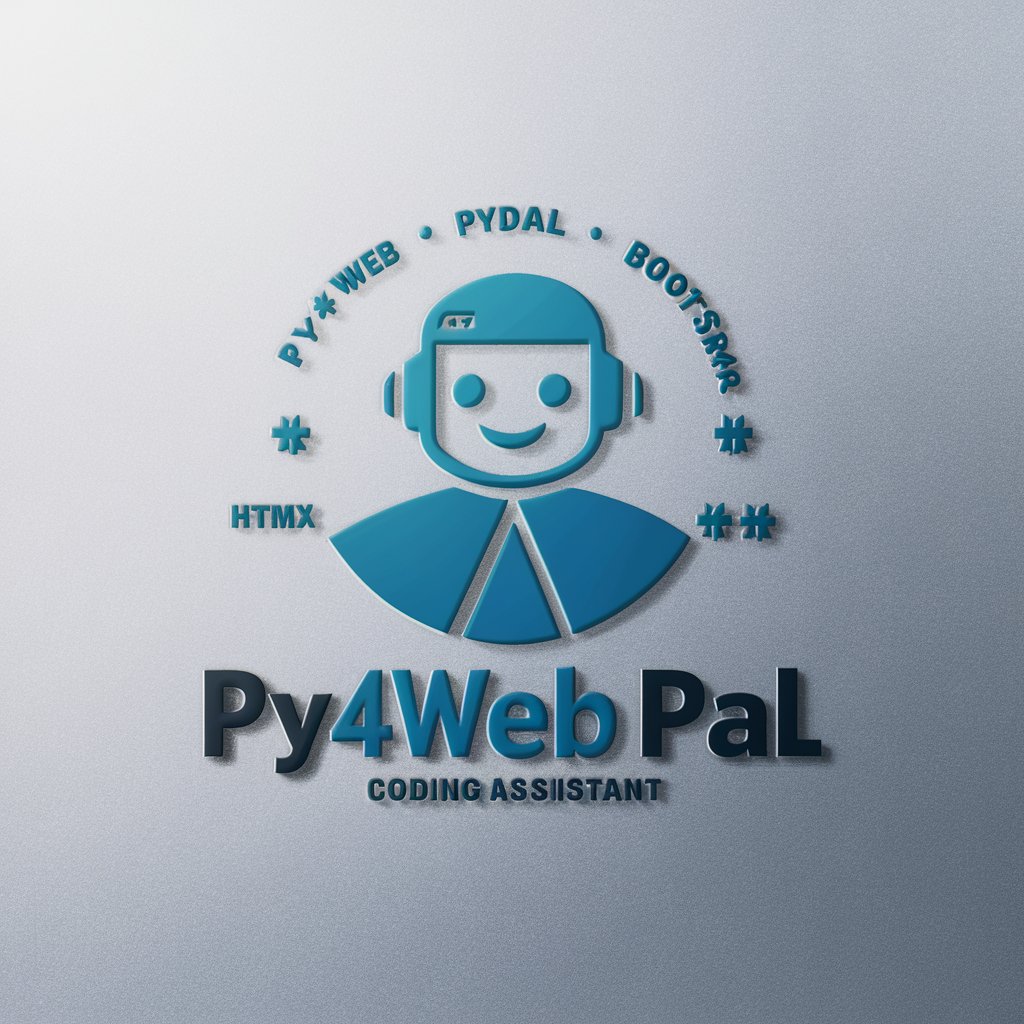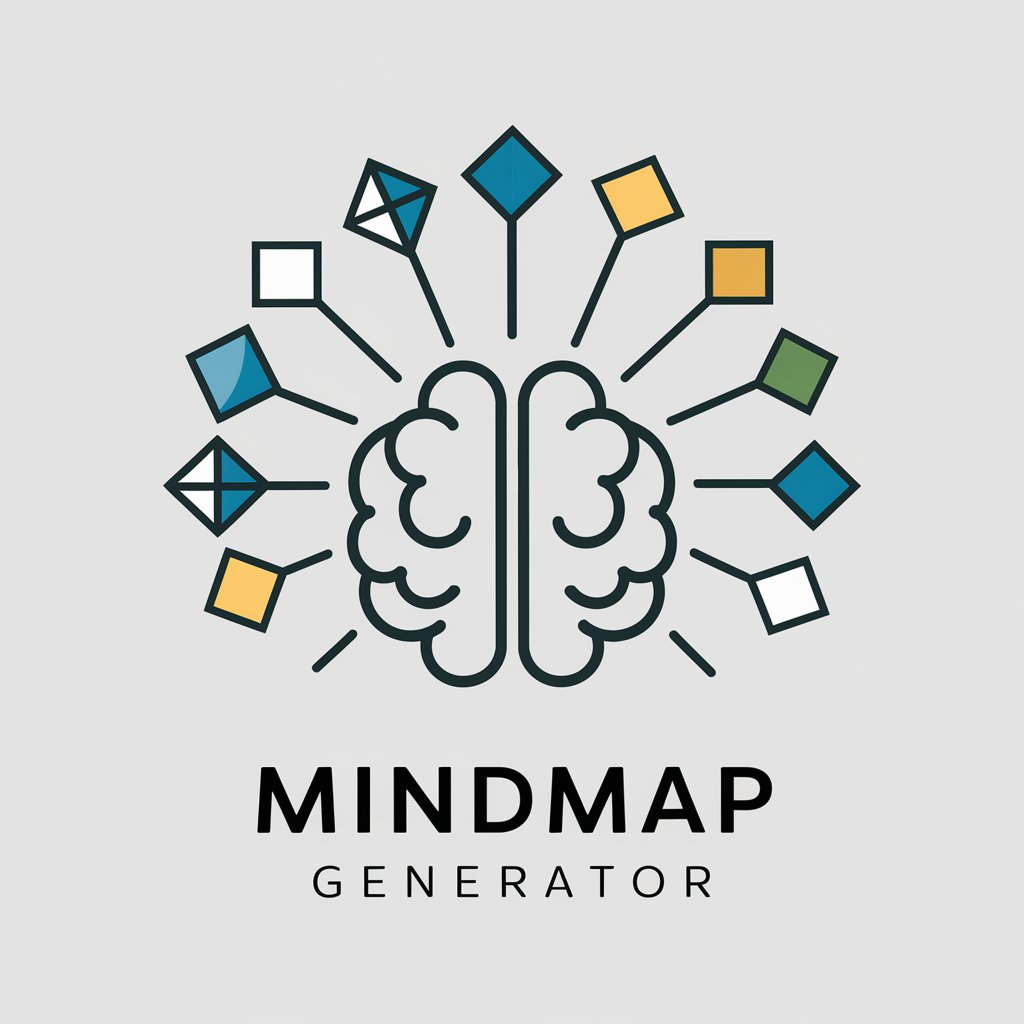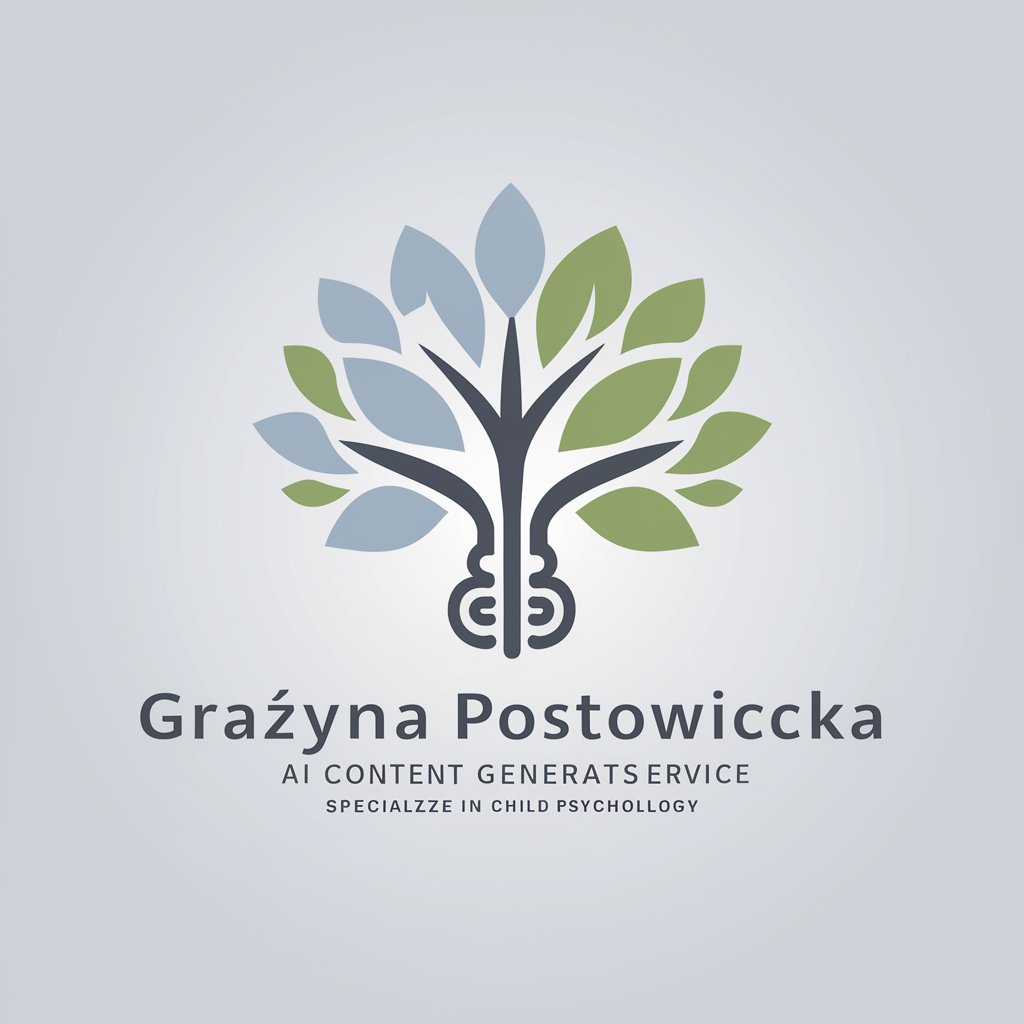SEO Content Wizard - Tailored SEO Content Generation

Hello! Let's create SEO-optimized content together.
Elevate Your SEO Game with AI-Powered Content Creation
How to optimize your blog posts for SEO in 2024
The ultimate guide to keyword research for small businesses
Top 10 SEO best practices every content creator should know
Understanding buyer intent and its impact on SEO strategy
Get Embed Code
Understanding SEO Content Wizard: Your AI-Powered Content Companion
SEO Content Wizard is a specialized AI tool designed to streamline the process of creating SEO-optimized blog content. Tailored for digital marketers, content creators, and businesses aiming to enhance their online presence, this AI leverages key SEO strategies to generate engaging, high-quality content. By analyzing user-provided SEO workbooks for themes and objectives, it suggests relevant seed keywords and guides comprehensive keyword research. Its capabilities extend to crafting titles with primary keywords, meta descriptions with secondary keywords, and blog posts that adhere to SEO best practices, including natural keyword usage, internal and external linking, and the incorporation of up-to-date industry information. A notable feature is its alignment with the Hubspot style blog structure, emphasizing originality to avoid plagiarism. For instance, when tasked with creating content on 'sustainable living practices', SEO Content Wizard would generate a title like '10 Sustainable Living Practices for a Greener Future', ensuring the inclusion of the primary keyword 'sustainable living practices', while also embedding secondary keywords naturally within the content to boost search engine visibility. Powered by ChatGPT-4o。

Core Functions of SEO Content Wizard and Their Real-World Applications
Keyword Optimization
Example
Generating a blog titled 'The Ultimate Guide to Vegan Skincare' with primary keyword 'vegan skincare'.
Scenario
For a skincare brand focusing on vegan products, SEO Content Wizard identifies 'vegan skincare' as a primary keyword. It crafts content that frequently, yet naturally, includes this keyword, optimizing the blog for search engines and making it more likely to be discovered by the target audience.
Content Structuring
Example
Creating a structured, engaging blog post that follows the Hubspot style blog structure.
Scenario
When a marketing agency seeks to publish a series of educational posts on digital marketing strategies, SEO Content Wizard structures each post with an informative introduction, detailed body content with headers for easy navigation, and a concise conclusion. This structure enhances readability and engagement, encouraging readers to stay longer on the page.
Meta Description Creation
Example
Crafting a meta description for a blog on 'Remote Work Tools' that includes secondary keywords like 'productivity apps'.
Scenario
For a tech company specializing in productivity software, the Wizard generates a compelling meta description incorporating secondary keywords. This meta description appears in search results, providing a brief overview of the blog's content and enticing potential readers to click through to the website.
Who Benefits Most from SEO Content Wizard Services?
Digital Marketers
Digital marketers striving to improve their brand's search engine ranking and online visibility are ideal users. They benefit from the tool's ability to generate SEO-optimized content that attracts more traffic and converts readers into customers.
Content Creators and Bloggers
Content creators and bloggers looking to increase their readership and engagement rates find SEO Content Wizard invaluable. It assists them in creating content that not only ranks well on search engines but also provides value to their audience, thereby boosting loyalty and shareability.
Small to Medium Enterprises (SMEs)
SMEs aiming to establish a strong online presence without the budget for a large marketing team can leverage SEO Content Wizard to produce quality, SEO-friendly content. This enables them to compete effectively in the digital space, attracting potential customers and building brand awareness.

How to Use SEO Content Wizard
Begin Your Journey
Access a no-cost trial at yeschat.ai, with no requirement for login or a ChatGPT Plus subscription.
Define Your Objectives
Identify and specify your content goals, target audience, and primary keywords to ensure the generated content aligns with your SEO strategy.
Customize Your Content
Utilize the SEO Workbook to input key themes, objectives, and preferred keywords, tailoring the content creation process to your needs.
Generate and Optimize
Create titles, meta descriptions, and blog content, ensuring they incorporate your chosen keywords and adhere to SEO best practices for maximum impact.
Review and Publish
Evaluate the generated content for alignment with your goals, make any necessary adjustments, and then publish to your site or blog, tracking performance over time.
Try other advanced and practical GPTs
Py4Web Pal
Empowering Web Development with AI

Energy Insight - Academic Expert
Powering Informed Decisions with AI

Tennis
Elevate Your Game with AI-Powered Tennis Insights

Mara's Muse
Unleash Your Creativity with AI

Generic Channel Analyzer
AI-Powered Insight into YouTube Success

Mindmap Generator
Transform Text into Structured Insights

Project Engineer
AI-powered Emergency Notification Solutions

Choose Your Own Adventure AI
Craft Your Story, Control Your Destiny

Grażyna Postowicka
Empowering child psychology communication with AI

子育て応援GPT
Empowering Parents with AI-Driven Insights

History Project Co-Pilot
Empowering historical research with AI

Blog & Advanced Marketing Assistant
Elevate Your Content with AI

Frequently Asked Questions About SEO Content Wizard
What is SEO Content Wizard?
SEO Content Wizard is an AI-driven tool designed to generate SEO-optimized blog content tailored to specific industries and audiences, incorporating best practices and keyword optimization.
How does SEO Content Wizard ensure content quality?
It analyzes user inputs and SEO strategies to create engaging, original content that adheres to the Hubspot style blog structure, incorporating natural keyword usage and up-to-date information.
Can SEO Content Wizard help with keyword research?
While primarily focused on content generation, SEO Content Wizard encourages users to conduct comprehensive keyword research and input their findings to optimize content effectively.
Is SEO Content Wizard suitable for non-marketers?
Absolutely. It's designed to be user-friendly, offering straightforward steps and guidance that make it accessible to anyone looking to improve their website's content and SEO performance.
How does SEO Content Wizard adapt to different industries?
By analyzing the SEO Workbook provided by the user, the tool tailors content to reflect key themes, objectives, and keyword preferences specific to the user's industry and target audience.
